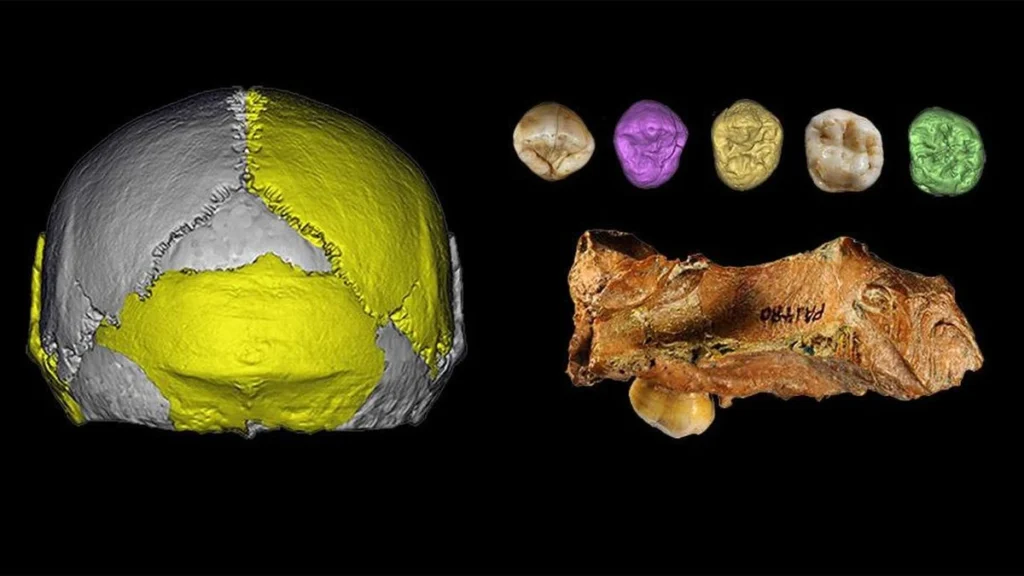Discovery of New Human Species in China Challenges Evolutionary History

Copyright: Wu und Bae/ PaleoAnthropology 2024 | Wu und Bae/ PaleoAnthropology 2024
In a groundbreaking discovery, paleoanthropologists have identified a previously unknown human species in China, prompting a reevaluation of human evolutionary history. The fossilized skull, known as the Harbin cranium or “Dragon Man,” was found near Harbin in northeastern China and is believed to be at least 146,000 years old. This specimen exhibits a unique combination of archaic and modern features, suggesting it may represent a distinct human lineage closely related to Homo sapiens.
The Harbin cranium is characterized by its large size, robust brow ridges, and a brain capacity comparable to that of modern humans. Researchers propose that this species, named Homo longi, could have been adapted to diverse environments in East Asia. The discovery challenges previous notions of human evolution, indicating a more complex web of interrelated species than previously understood.
This finding adds to a series of recent discoveries in Asia that have transformed our understanding of human evolution. As scientists continue to analyze the Harbin cranium, it underscores the importance of East Asia in the broader narrative of human history.





